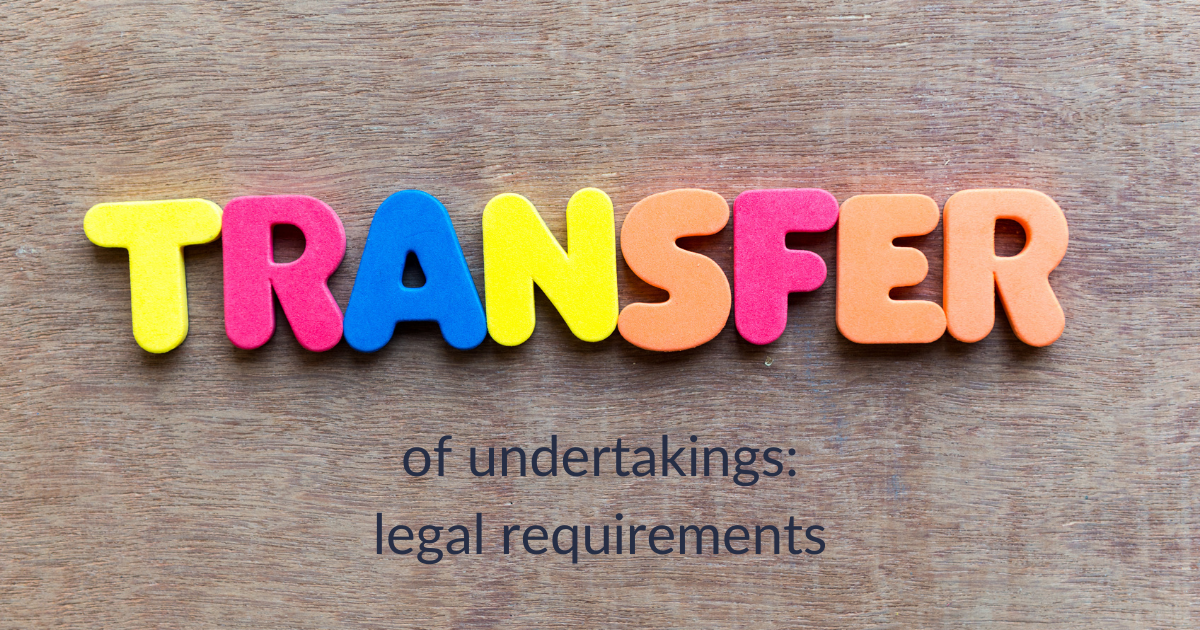
Employers participating in the transfer of undertakings must meet a number of legal requirements to make sure the transfer complies with the labour legislation and measures for employee protection.
Information provided to trade unions or employees
First, employers must inform their trade unions, or – where there are no trade unions present – their employees, of the intended transfer and related matters. These matters include: reasons for transfer, its potential effects on employees, plans concerning employment or work and pay conditions. Information must be given in writing at least 30 days before the intended date of transfer. However, failure to provide information does not make the transfer null and void.
Transfer may not be sole grounds for termination
Second, the employer must not terminate the employees solely on the grounds of transfer. Such termination will be considered injustified and trigger employee remedies (compensation or restoration to work). However, there may be other reasons to justify termination, e.g. the need to restructure or reduce the employer’s workforce, or an employee’s poor performance. The important thing is that any such reason must be genuine and real.
“Summary” termination of the employment contract
Third, employers partaking in the transfer of undertakings must bear in mind that in connection with the transfer an employee is entitled to make use of a “summary” termination procedure. An employee may terminate their employment contract at 7 days’ notice within 2 months of transfer, without giving reasons. An employment contract so terminated will be considered as terminated by the employer with the applicable period of notice. Since the procedure of transfer is aimed at protecting the employee in the first place, there is no equivalent right for the employer and no “summary” termination procedure is available for them. As mentioned above, even regular dismissals solely on the grounds of the transfer are limited.
